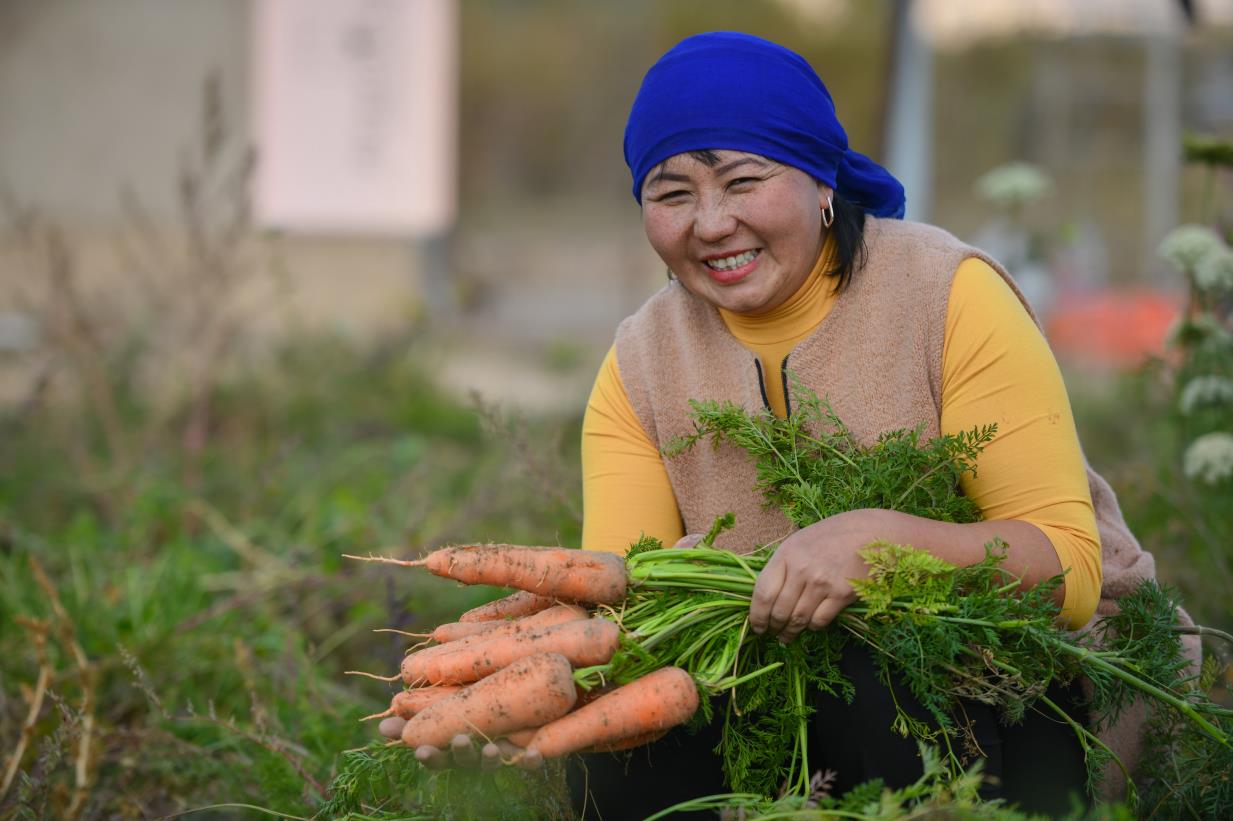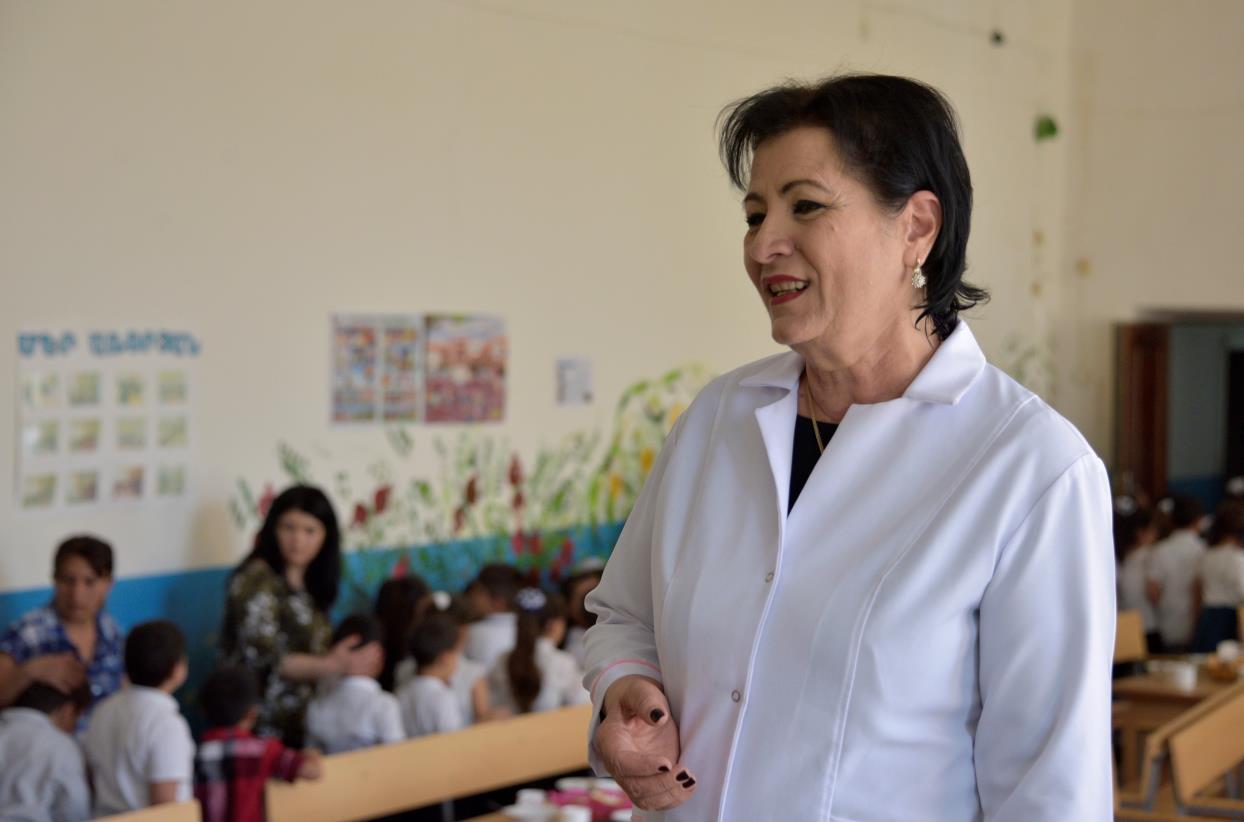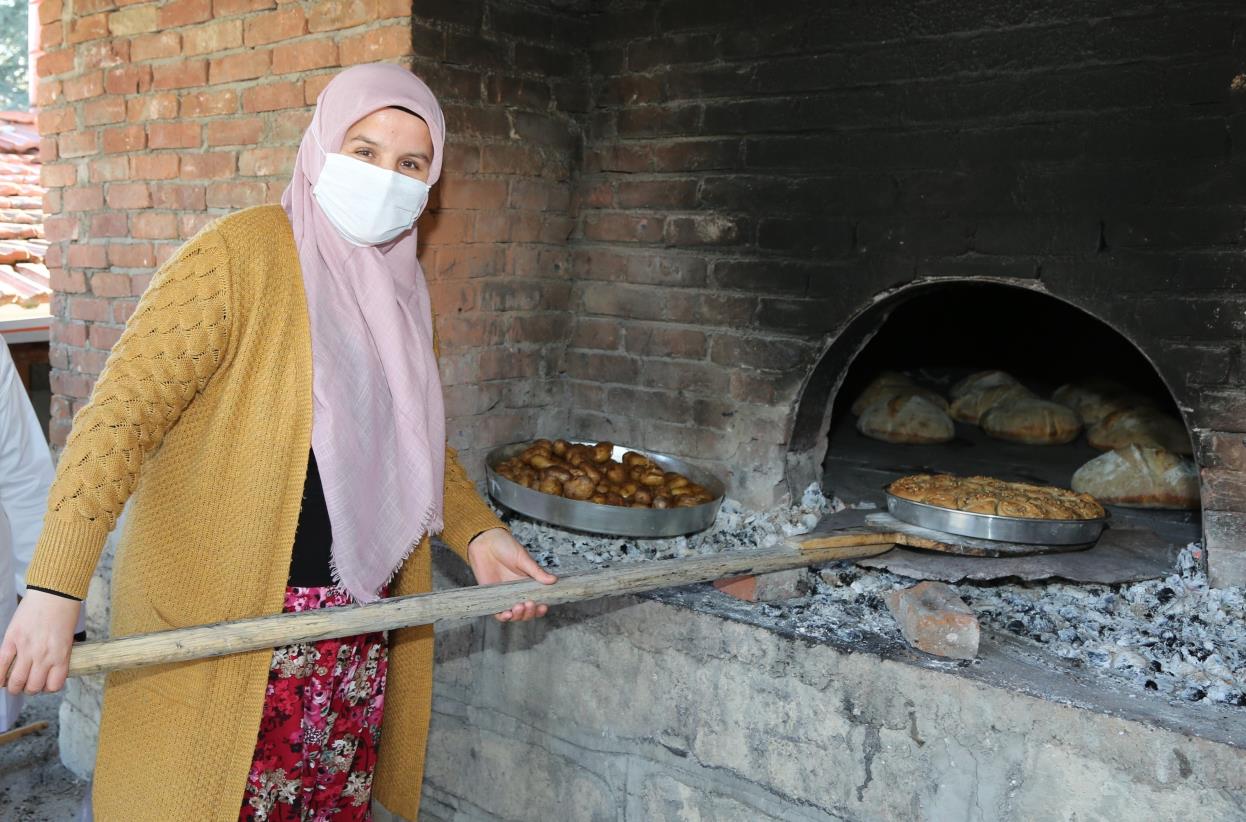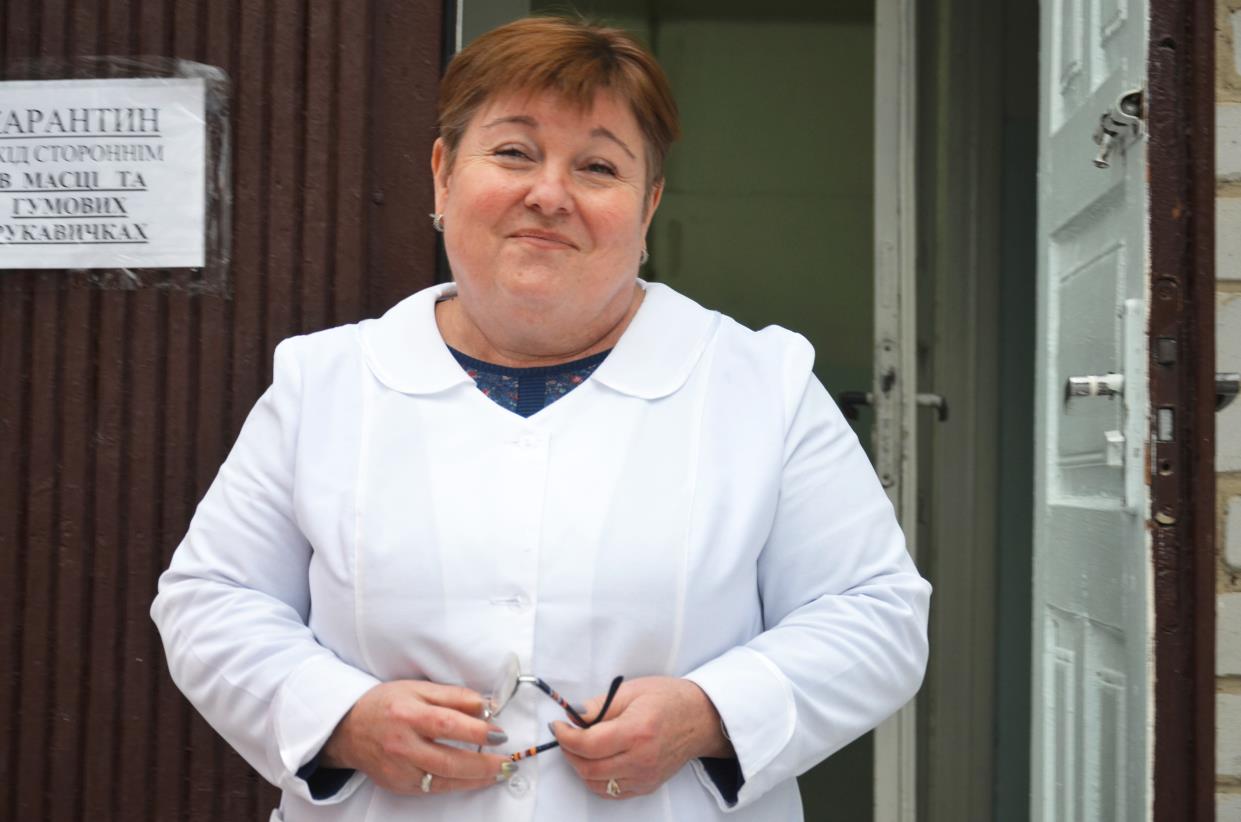
Celebrating women’s achievements
International Women’s Day 2021
“A lot was done, but a lot is still ahead,” Tursunai Akmatova. ©️JPRWEE/Alisher Aliev
05/03/2021
On 8 March 2021, the United Nations and the world celebrate International Women’s Day, reflecting on progress made towards gender equality and women’s empowerment.
Women in rural areas in Europe and Central Asia are still not equally represented in rural institutions and manage only 6.5 percent to 31 percent of agricultural holdings. They are not paid equally, and they remain without equal access to decent jobs, markets and infrastructure. It is estimated that between 60 percent and 87 percent of women working in agriculture are informal or family workers. Health and education are not always adequately provided, and information gaps limit progress towards positive change.
Furthermore, the COVID-19 crisis has not only increased women’s work burden but also has posed new challenges in such areas as food security, nutrition, time poverty, access to services, economic opportunities and gender-based violence.
However, despite the many challenges women face, they continue to inspire through their leadership, persistence and solidarity. Consider these four stories from women in Europe and Central Asia:
Armenia: Nutritious food for kids
Alvard Papoyan is the principal of a 775-student elementary school in the town of Vedi in Ararat marz, Armenia. Through a project funded by the Russian Federation to strengthen food security and nutrition, FAO has constructed a 198 sq m greenhouse in the school’s backyard and equipped it with a drip irrigation system.
Thanks to Papoyan’s management and coordination skills, the greenhouse’s harvest supplements the students’ daily meals, covers the greenhouse’s maintenance costs and adds money to the budget. With FAO support, Papoyan also has set up a drying unit to produce dried fruit and vegetables to be eaten during the off season.


Alvard Papoyan. ©FAO/Karen Minasyan; Sevgi Bal ©FAO/Kamile Öztar Başar
“The greenhouse has changed our lives quite significantly,” Papoyan said. “Not only do we benefit from tomatoes and cucumbers, but it is also a unique learning platform for the staff and the students. I am sure, this is the best way kids may learn basic farming skills and appreciate food that should not be wasted.”
Kyrgyzstan: Seeds of leadership
Tursunai Akmatova, a teacher from the village of Bayzak in Naryn Oblast, Kyrgyzstan, leads a self-help group of 25 women devoted to growing and producing vegetables. She also successfully operates a food canning shop and has been helping villagers survive the COVID-19 pandemic. A deputy of the local council since 2017, she is the only woman parliamentarian among 23 men.
“On the eve of the International Women’s Day, I call for solidarity in standing for women’s rights and opportunities. Act together with other women; it works!”
Akmatova remembers seeing her name in 2014 on the beneficiary list of the joint FAO/UN Women/WFP/IFAD project on women’s economic empowerment. Her plot size has tripled since then, and income from sales has allowed her to expand.
By multiplying the seeds given with the support of FAO, women supply 60 percent of the regional market with vegetables today. Their next step is to expand the food canning business. In addition, the self-help group has been able to support the local bakery, enabling families to buy bread.
“A lot was done, but a lot is still ahead,” Akmatova said. “On the eve of the International Women’s Day, I call for solidarity in standing for women’s rights and opportunities. Act together with other women; it works!”
Turkey: Revived business, revived dream
Sevgi Bal, born in 1981, is the chair of the Orhaneli women's cooperative in Bursa. The cooperative produces and serves traditional local food and dishes, such as Turkish bread, noodles,dried food, tomato paste and a variety of sauces. With support from FAO and the Government of Japan, she and the 20 women from the cooperative are about to receive the equipment they need to start full operation.
In 2017, she encouraged a number of women to cook and sell the Turkish delight baklava. The business went well but did not last, as the women were not skilled in marketing and lacked financial support.
However, Bal decided to try again in 2020, and she and the other women are again producing nutritious food for community consumption.

Olena Driuk ©FAO/Viktoriia Mykhalchuk
COVID-19 changed their plans, she said, but it also helped their sales, as people in Bursa changed their habits to prioritize food over other spending.
With support from the Ministry of Education, the cooperative has established a room for childcare to ease the women’s burdens. The women-only cooperative gives them a chance to earn money during challenging times and has become a safe place to share problems and perspectives.
Ukraine: At the forefront of food safety
Olena Driuk, 57, has worked for ten years as a director and veterinarian-bacteriologist at the Guliaypole inter-district state laboratory of the State Service of Ukraine on Food Safety and Consumer Protection.
Her team of 15 women and three men conduct daily state sanitary-epidemiological examinations, checking drinking water quality and monitoring the spread of diseases. The laboratory also examines a variety of domestic animal diseases and checks the quality and safety of food in schools and catering establishments.
Driuk uses her microscope – received from FAO through a project funded by the European Union – to investigate anthrax and other bacteria.
“The work in the laboratory is stressful, needless to say, but life-saving,” she said. “On the eve of the International Women's Day, I want to wish inspiration to every woman. Inspired, you succeed. Persistence and strong will should become a new promoted norm for all women in Ukraine and the whole world."
Related links
Read more
